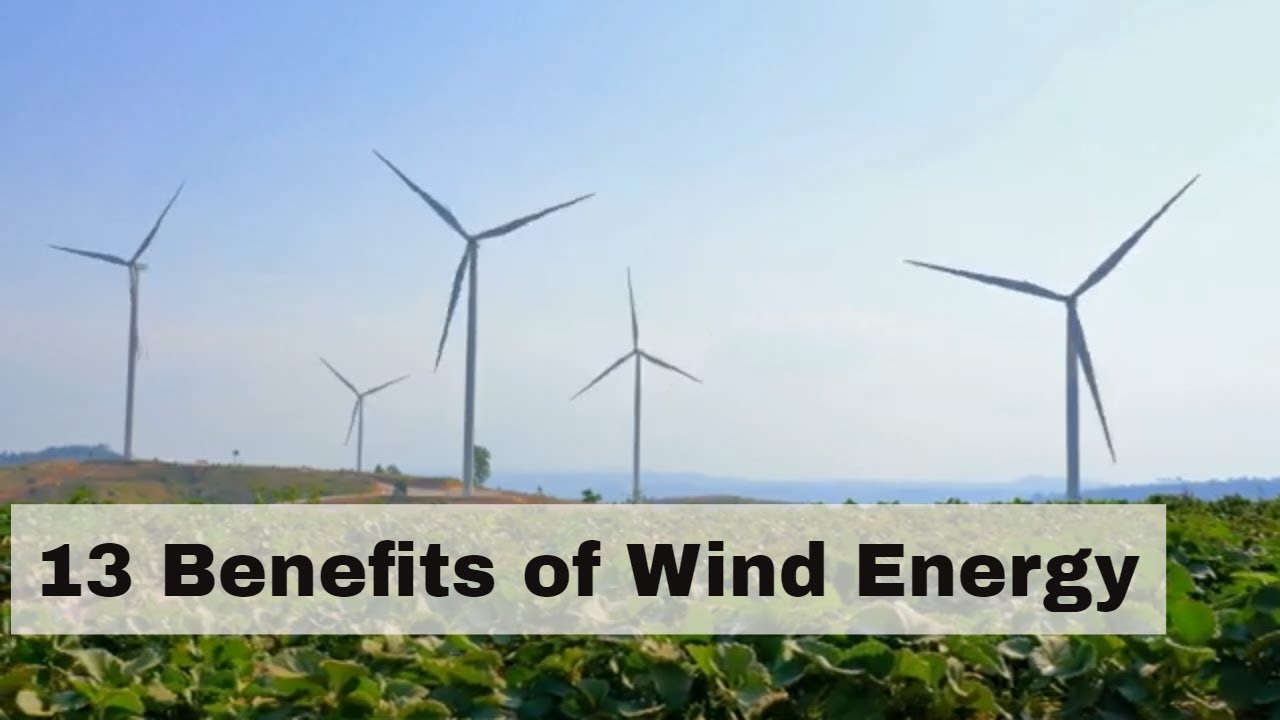Benefits of Wind Energy
Wind energy is a renewable source of power that has gained significant attention in recent years. In this article, we will explore the numerous benefits of wind energy and how it can positively impact our environment and society.
Clean and Sustainable
One of the most significant advantages of wind energy is its cleanliness and sustainability. Unlike fossil fuels, wind energy does not produce harmful greenhouse gas emissions or contribute to air pollution. By harnessing the power of wind, we can reduce our carbon footprint and combat climate change.
Renewable and Abundant
Wind energy is a renewable resource, meaning it will never run out. As long as the Earth’s atmosphere exists, we will have access to wind power. Moreover, wind is abundant in many regions around the world, making it a reliable and accessible source of energy.
Cost-Effective
Wind energy has become increasingly cost-effective over the years. Advances in technology have led to more efficient wind turbines, reducing the overall cost of generating electricity from wind. Additionally, once a wind turbine is installed, the operational costs are relatively low compared to conventional power plants.
Job Creation and Economic Growth
The wind energy industry has the potential to create numerous job opportunities and stimulate economic growth. From manufacturing and installation to maintenance and operation, wind farms require a skilled workforce. By investing in wind energy, we can foster local employment and contribute to the growth of the green economy.
Energy Independence
Wind energy offers a pathway to energy independence. By diversifying our energy sources and reducing reliance on fossil fuels, we can become less vulnerable to price fluctuations and geopolitical tensions. Wind power allows us to produce electricity domestically, reducing our dependence on imported energy resources.
Low Environmental Impact
Compared to other forms of energy generation, wind energy has a relatively low environmental impact. Wind farms can coexist with agricultural land, minimizing land use conflicts. Additionally, modern wind turbines are designed to be bird-friendly, with measures in place to prevent bird collisions.
Scalable and Versatile
Wind energy is a scalable and versatile solution for meeting our energy needs. From small-scale turbines that power individual homes to large wind farms that supply electricity to entire communities, wind energy can be tailored to various scales. This flexibility makes wind power suitable for both urban and rural areas.
Enhanced Grid Resilience
Integrating wind energy into the grid can enhance its resilience and reliability. By diversifying our energy sources, we can reduce the risk of power outages and improve grid stability. Wind power can complement other renewable energy sources, such as solar, to create a more resilient and sustainable energy system.

Wind energy offers a myriad of benefits, ranging from environmental sustainability and cost-effectiveness to job creation and energy independence. By harnessing the power of wind, we can transition towards a cleaner and more sustainable future. We must continue to invest in wind energy and unlock its full potential for the benefit of our planet and future generations.
Frequently Asked Questions about the Benefits of Wind Energy
1. What is wind energy?
Wind energy is the conversion of wind power into useful forms of energy, such as electricity, using wind turbines.
2. How does wind energy benefit the environment?
Wind energy is a clean and renewable source of power that produces no greenhouse gas emissions or air pollution, helping to reduce the impact of climate change and improve air quality.
3. Are there economic benefits to using wind energy?
Yes, wind energy can create jobs in the manufacturing, installation, and maintenance of wind turbines. It also reduces dependence on imported fuels, contributing to energy independence.
4. Does wind energy help in reducing carbon emissions?
Yes, wind energy is a carbon-free source of electricity production. By replacing fossil fuel-based power plants, wind energy helps to significantly reduce carbon dioxide emissions, a major contributor to global warming.
5. Can wind energy help in reducing electricity costs?
Wind energy has the potential to reduce electricity costs in the long run. Once a wind farm is built, the fuel (wind) is free, unlike fossil fuels that are subject to price fluctuations.
6. What are the benefits of wind energy for rural areas?
Wind energy projects in rural areas can provide additional income for landowners who lease their land for wind turbine installation. It can also stimulate local economies through job creation and increased tax revenue.
7. Is wind energy a reliable source of power?
While wind energy is variable and dependent on wind speed, it can be integrated with other energy sources and storage systems to ensure a reliable and consistent electricity supply.
8. Can wind energy help in reducing water consumption?
Yes, wind energy requires minimal water for its operation, unlike conventional power plants that consume large amounts of water for cooling purposes. This helps in conserving water resources.
9. Are there any health benefits associated with wind energy?
Wind energy does not produce air pollutants that can harm human health, unlike fossil fuel-based power plants. Therefore, it helps in improving air quality and reducing respiratory issues.
10. Are there any risks or disadvantages of wind energy?
While wind energy has numerous benefits, some potential risks include bird and bat collisions with wind turbines, noise pollution, and visual impact on landscapes. However, proper planning and technology advancements aim to minimize these risks.




